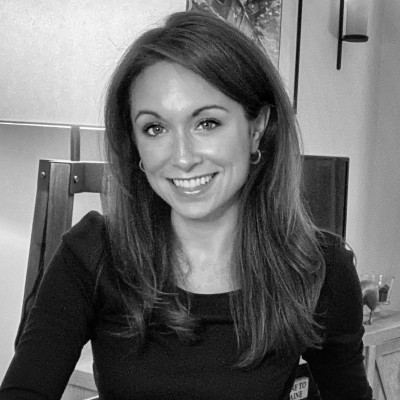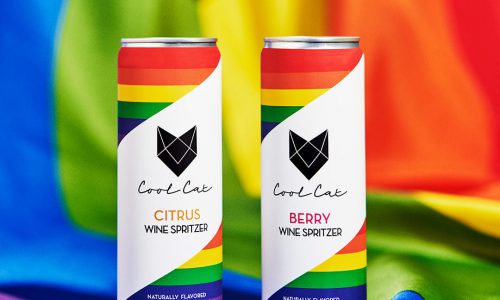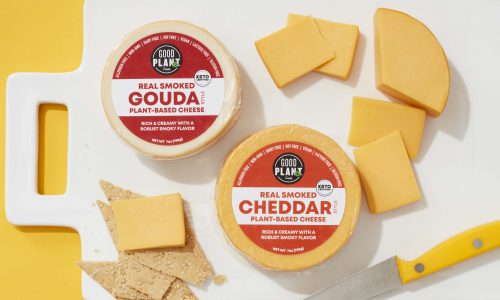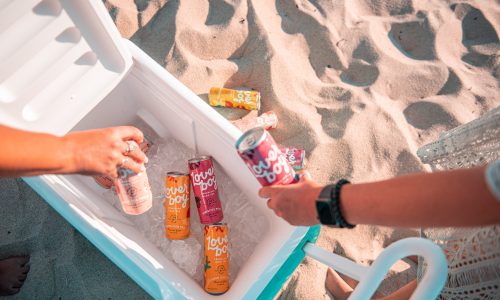A lot of ingredients go into making a winning brand in today’s burgeoning food industry — a consumer-focused strategy, an analytic mindset, and of course a standout product.
Yai’s Thai is a seemingly overnight success story, although Co-Founder Leland Copenhagen knows it takes a lot of grit, aptitude, and thoughtfulness to drive long-term success.
We caught up with Copenhagen to learn more about Yai’s Thai, why he initially turned down Walmart, and how you should always hire for your weaknesses.
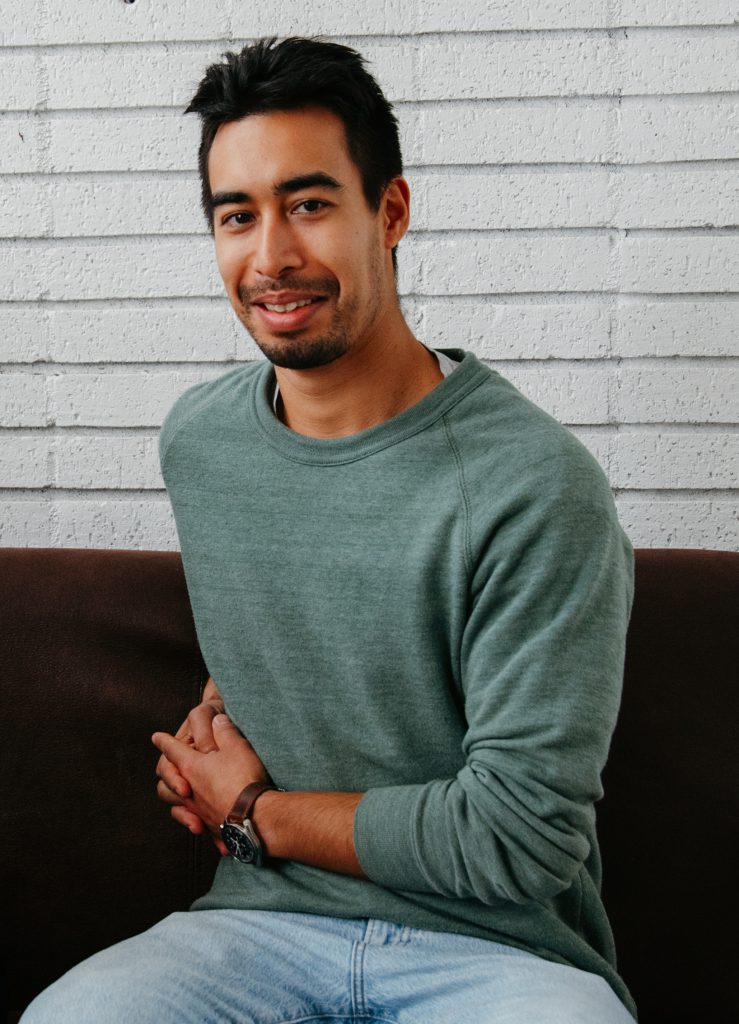
ForceBrands: You launched Yai’s Thai right out of college in 2015 and were named on Forbes’s 2020 “30 Under 30: Food & Drink” list — a seemingly overnight success story. What do you most attribute to your success?
Leland Copenhagen: It’s funny you say that — it always seems that way from the outside, but it certainly doesn’t feel like it’s been overnight! It is hard to believe how far we’ve come. During our first year, we were making our sauces in commercial kitchens (literally overnight), selling at farmers’ markets, and Google searching the basics of the CPG food industry and business in general. It wasn’t for a couple of years that we were selling in retail with our primary product offerings (our curries).
The Forbes recognition was a big deal to us, especially as individuals whose business training and experience starts and ends with Yai’s Thai. We know better than to rely on outside validation, but it can certainly be nice sometimes!
I attribute much of our early success to my (and my co-founder’s) research background and analytical mindset. We are both very hungry for knowledge, constantly picking up information anywhere we can — sometimes to a fault. It’s so important to filter all these inputs down to what’s relevant to our business. It’s taken some time, but I’ve honed that skill and continue to do so.
Of course, a huge portion of our success is due to our products themselves. We have always been product-centered; we identified a niche in the market early on, and have been responding to consumer input and making sure we’re putting really quality products on the shelves first and foremost.
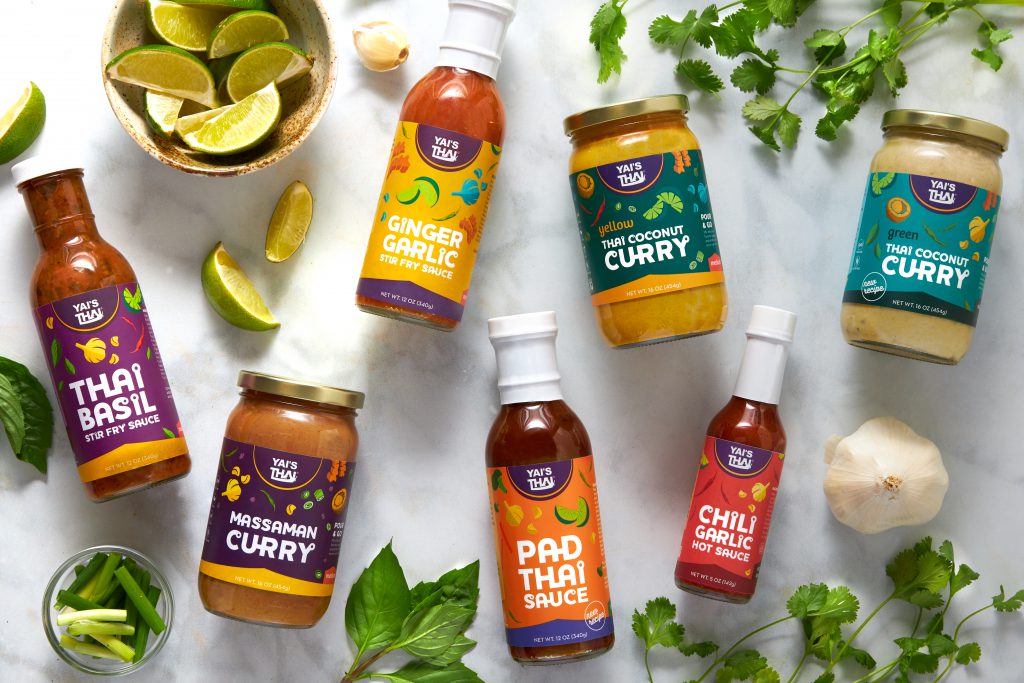
FB: Tell us about Yai’s Thai. What makes it unique in the market?
LC: Yai’s is the first in the market to provide truly DIY Thai products in ways that are accessible to any consumer. Our Thai curries and sauces are made to be used without recipes, measuring cups, tiny packaging, and all that fuss that so often comes hand-in-hand with the notion of cooking. Most importantly, they are made for everyday use, not as an “exotic” food item to be saved for a special occasion or dedicated cooking night. Yai’s is weeknight Thai. And it puts you in control of what you’re eating in ways that take-out just can’t offer. Our products are inclusive of many dietary restrictions and give you full freedom to customize your food as much (or as little) as you’d like.
FB: How did you approach marketing and distribution in the earliest stages of growth?
LC: We’ve always known that we have a premium product, so we’ve been selective with the retailers we’ve entered from the start. As a startup with limited resources, we chose each opportunity carefully on a case-by-case basis, weighing the store demographics, slotting fees, required promotional spend, etc., before going into distribution. The biggest lesson learned is to know when to say ‘no.’ One of the best decisions we’ve made to date is turning down distribution at Walmart. Of course, the big shiny revenue was appealing and very tempting, but we didn’t have the infrastructure to manage that distribution effectively. It’s better to wait until you can do it right. We are now revisiting that opportunity, and thankful that we don’t have a messy past with them to clean up first.
Marketing has followed a similar theme in that we’ve always been very calculated and scrappy. During the first few years, we put virtually zero dollars into marketing and focused on opportunities that required more sweat equity than capital, creating a conversation around the brand that is now self-sustaining. It’s always been important for our consumers to help spread our message, so it’s all about finding creative ways to spark word of mouth. Continuously honing our messaging and improving our products is crucial.
FB: Let’s chat about hiring and team building. Tell us about your team. How would you describe the culture at Yai’s Thai?
LC: We’ve always been an extremely lean, tight-knit team. Not counting myself and Sarah, we have four employees at the time of writing this. But we do outsource some key areas of business, like accounting and (thankfully) manufacturing.
We are a very collaborative team and yet each member is empowered to really take ownership of their role. As founder and CEO, my job is to determine the direction of the company, but the team plays a big part in shaping that direction. I try to approach these types of conversations ready to listen, not to dictate. This has fostered a high level of trust and dedication among us, and hopefully has made everyone’s work more fulfilling.
FB: Who were those first key strategic hires you made? What all-star qualities do you look for in new hires?
LC: Sales and operations were our first key hires.
For those that know me well, it wouldn’t come as a surprise that I’m not the first to shout Yai’s from the rooftops — it’s just not in my personality, nor is it Sarah’s (the downside of having two introverted founders). So you hire for your weaknesses.
Operations quickly became a larger job than we could handle, and as the backbone of any CPG business, that was absolutely critical to get under control. Sales and ops are a constant push and pull, so you need a team that’s comfortable being close to the edge.
The first thing we look for when hiring is scrappiness. This is more of a mentality than a skill; people who appreciate the value of a dollar know how to think on their feet and come up with creative solutions, whether resources are limited or not. We’ve never accepted that the best way is the way it’s always been done or the flashy new way, but we also need people with the discernment to know when not to reinvent the wheel. We have built a team that really understands startups. The environment can be chaotic, but it makes for a fun culture because we’re all in it together and everyone has a direct impact on the success of Yai’s.
FB: Do you have any industry mentors who’ve helped you on your career journey?
LC: Yes, many! I am thankful that many folks in the natural food industry are willing to connect and are often very generous with their time. I don’t know if they realize how powerful that vote of confidence can be. It can be easy to get caught up in the PR and the often-spotlighted ‘unicorn’ brands, so having mentors who can give reassurance and more practical advice is crucial.
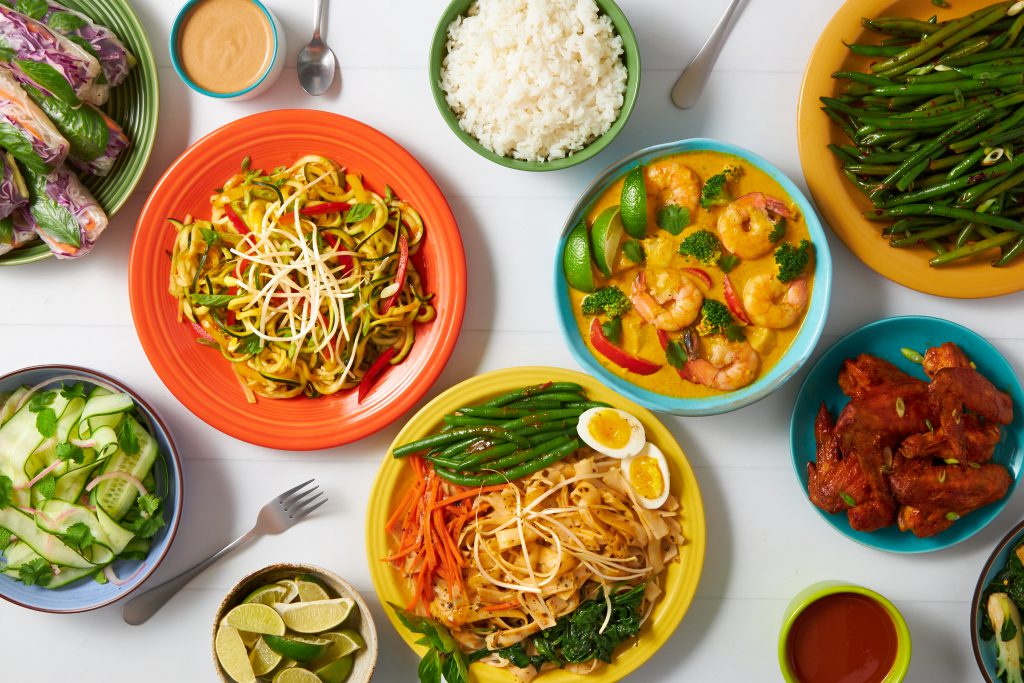
FB: What’s the best piece of leadership advice you’ve ever received?
LC: Never forget about your consumer. There are so many factors and people to please within the food industry — retailers, distributors, brokers, suppliers, investors — that they can distract you from focusing on the most important group: your end consumer. At the end of the day, they’re the ones who build and shape your brand.
FB: What excites you most about the next 3-5 years? Any exciting product innovations you could share?
LC: I am excited about the direction Americans are headed in expanding their understanding of the global majority and the cultural diversity that exists within the U.S. This, like so many cultural shifts, is reflected through food. People are ready to examine beyond just “Asian” and to really recognize the distinctiveness of each country and culture. They want to talk about cities and regions, not continents. Over the years, we’ve seen grocery stores change our category from “Oriental” to “Asian,” from “Asian” to “Global Flavors,” and we’ve helped to shape this set as buyers respond to the evolving consumer demands. This pattern will only continue, and I think it will create opportunities for Yai’s to expand beyond this section of the store — something we have envisioned from the start.
